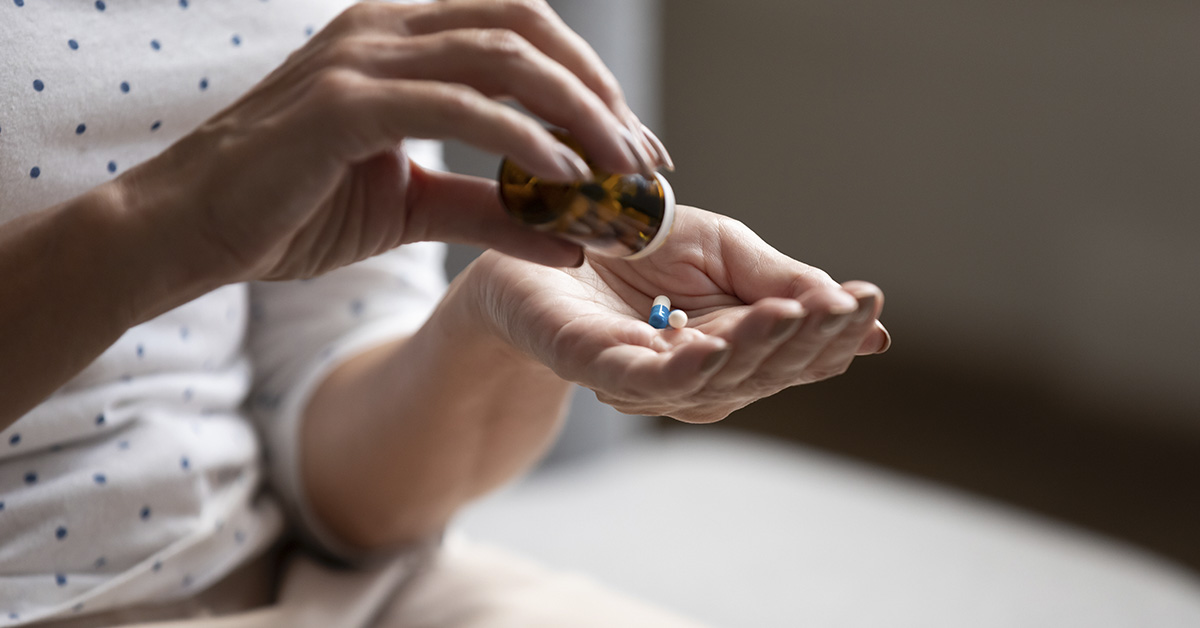Skin cancer is a prevalent and potentially life-threatening condition that affects millions of people worldwide. While many risk factors for skin cancer have been identified, recent studies have uncovered a concerning link between certain blood pressure medications and an increased risk of developing skin cancer. These findings have raised questions and concerns among individuals who have a history of skin cancer and are currently taking blood pressure medication. Let’s have a look at the research, explore the potential connection between blood pressure medications and skin cancer, and figure out what you can do if you need to take these medications.
The Link Between Blood Pressure Medication and Skin Cancer
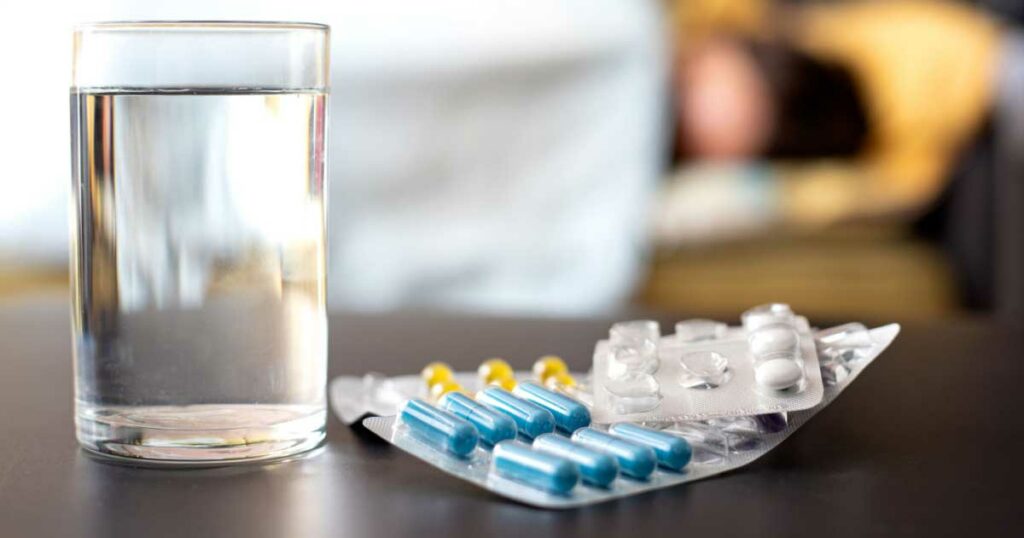
Multiple research studies have indicated a correlation between the use of certain blood pressure medications and a heightened risk of developing skin cancer. Specifically, studies have identified a connection with blood pressure medications that contain hydrochlorothiazide (HCTZ). Hydrochlorothiazide is believed to make the skin more sensitive to the harmful effects of the sun, potentially increasing the risk of skin cancer. It is important to note that other blood pressure medications that do not contain hydrochlorothiazide have not been linked to an increased risk of skin cancer. (1)
Read More: These Close-Up Images Show Exactly What Different Types of Skin Cancer Look Like
Understanding the Research
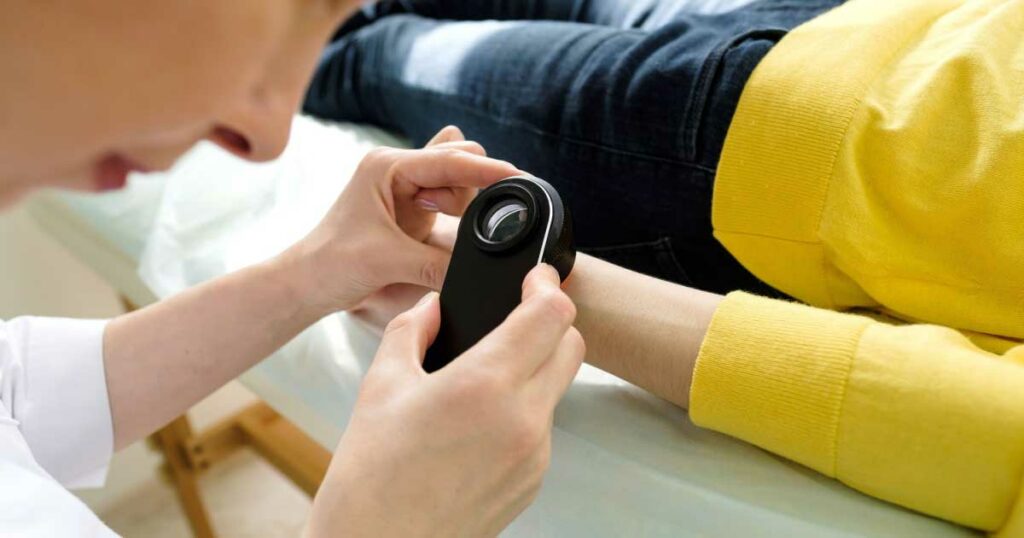
The existing findings regarding the link between blood pressure medication and skin cancer are primarily based on Danish studies. Researchers analyzed Danish medical records to identify a potential association but were unable to determine whether the patients had other risk factors for skin cancer, such as lack of sun protection or exposure to tanning beds. As a result, the scientists determined that further research is needed to comprehensively understand this connection and to validate these initial findings. Researchers in Canada also conducted a study published in 2021. They found that this same type of medication could also increase the risk of developing melanoma. It is important to note that they did exclude people with a history of melanoma from the research group. This means that these medications could put you at a higher risk of skin cancer even if you’ve never had it before. (2)
What to Do if You’re Concerned
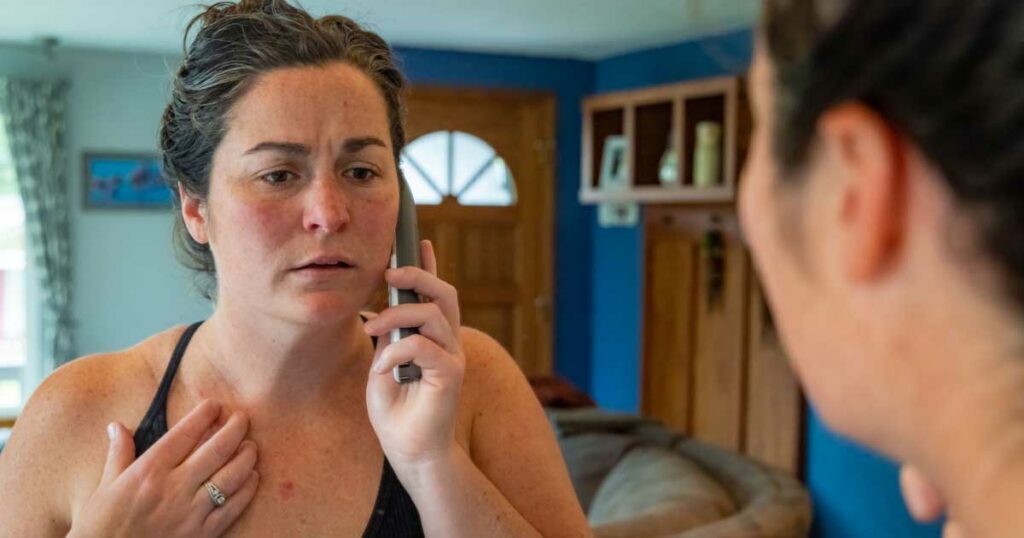
- Continue taking your medication: It is advisable to continue taking your blood pressure medication until you can consult with the doctor who prescribed it. Stopping the medication abruptly may lead to a rapid increase in blood pressure, which could potentially increase the risk of heart attacks or strokes.
- Share your concerns with your doctor: Communicate your worries to the doctor who prescribed the medication. Provide them with information about your skin cancer history, any blood relatives who have had skin cancer, your outdoor exposure, and any additional medications you are taking. This will help your doctor assess your individual risk and make appropriate recommendations.
- Consider alternative medications: If you are indeed taking a blood pressure medication that contains hydrochlorothiazide and are concerned about the potential link to skin cancer, discuss the possibility of switching to an alternative medication with your doctor. There are several blood pressure medications available that do not contain hydrochlorothiazide, which may be a suitable option for you.
Read More: Coffee Clash: Which Medications Should You Avoid With Your Morning Joe?
Reducing the Risk of Skin Cancer

- Protect your skin from the sun: Always practice sun protection measures, such as wearing sunscreen with a high SPF, seeking shade during peak sun hours, wearing protective clothing, and using hats and sunglasses to shield your skin and eyes from harmful UV rays.
- Avoid tanning beds and sun lamps: The use of tanning beds or sun lamps can significantly increase your risk of developing skin cancer. It is advisable to avoid these devices altogether.
- Perform regular skin self-exams: Conduct regular self-examinations of your skin to check for any new or changing moles, growths, or lesions. If you notice any abnormalities, promptly consult with a dermatologist for further evaluation.
- Maintain regular dermatology appointments: Individuals with a higher risk of developing skin cancer, such as those with a history of the disease, should schedule regular check-ups with a board-certified dermatologist. These specialists can provide thorough examinations and offer guidance on managing your individual risk factors.
The Bottom Line
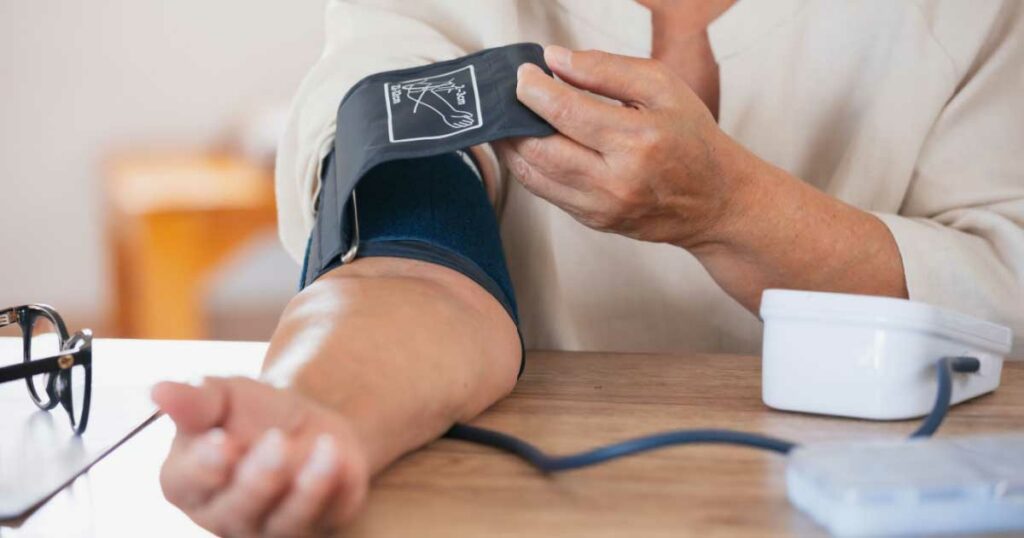
While the potential connection between blood pressure medication and skin cancer is a topic of concern, it is crucial for everyone to take proactive steps to reduce their risk of developing any type of skin cancer. The following strategies have been proven effective in reducing the risk of skin cancer: While the link between specific blood pressure medications and an increased risk of skin cancer is a concerning finding, it is important to approach this topic with caution and follow the guidance of healthcare professionals. If you have concerns about your medication and its potential impact on your skin cancer risk, consult with your doctor to assess your individual situation and explore alternative solutions. Meanwhile, prioritizing sun protection and regular skin examinations remains vital for everyone to reduce the overall risk of developing skin cancer.
Read More: The Side Effects of Ibuprofen You May Not Be Aware Of
Sources
- “CAN BLOOD PRESSURE MEDICATION INCREASE YOUR SKIN CANCER RISK?” AAD
- “Certain Blood Pressure Drugs May Increase Skin Cancer Risk.” Cure Today. Colleen Moretti. September 20, 2021.
Disclaimer: This information is not intended to be a substitute for professional medical advice, diagnosis or treatment and is for information only. Always seek the advice of your physician or another qualified health provider with any questions about your medical condition and/or current medication. Do not disregard professional medical advice or delay seeking advice or treatment because of something you have read here.
